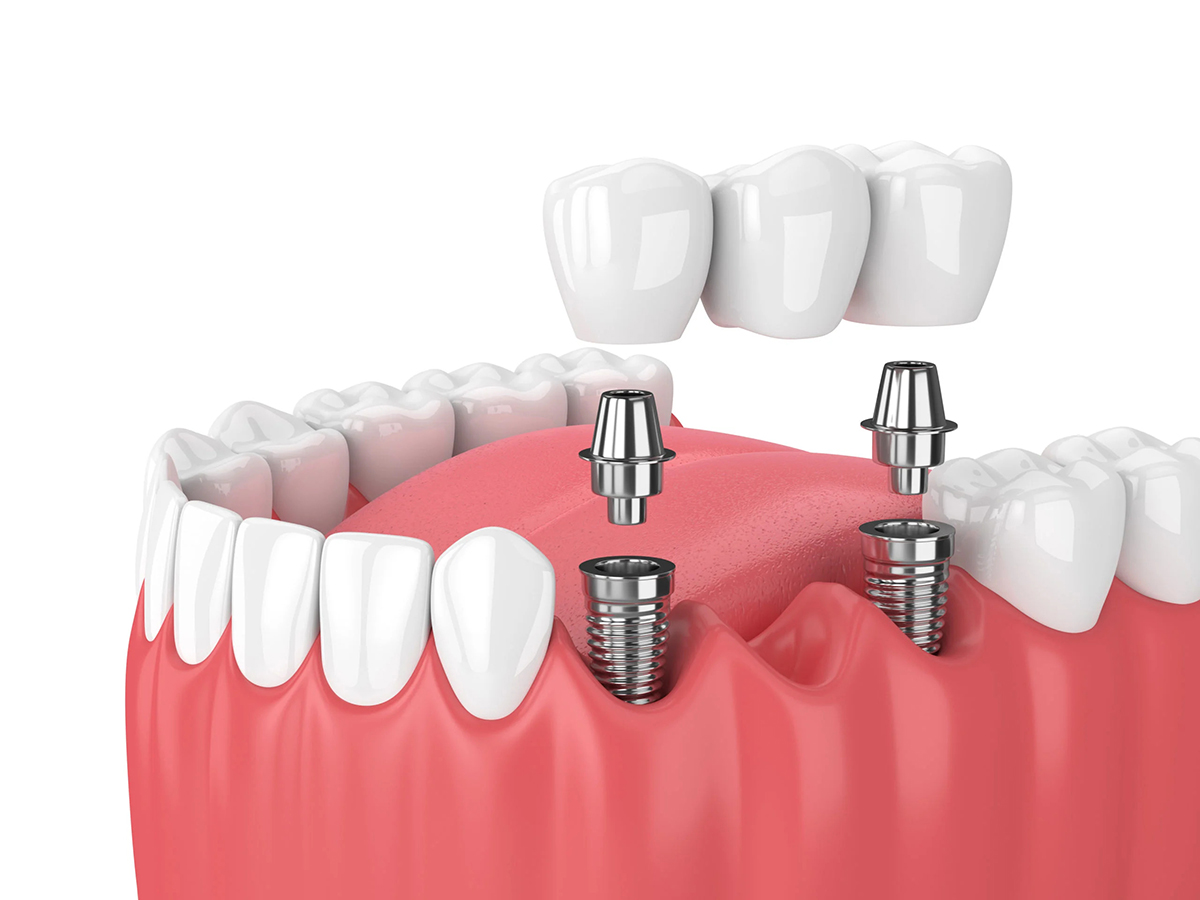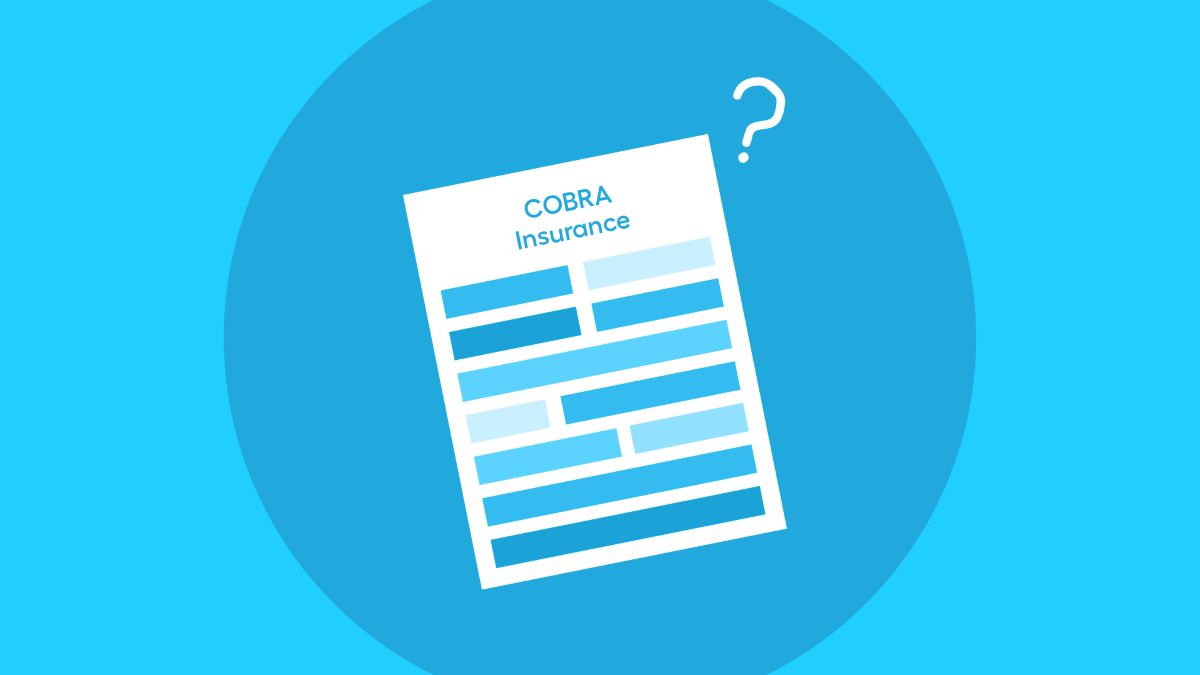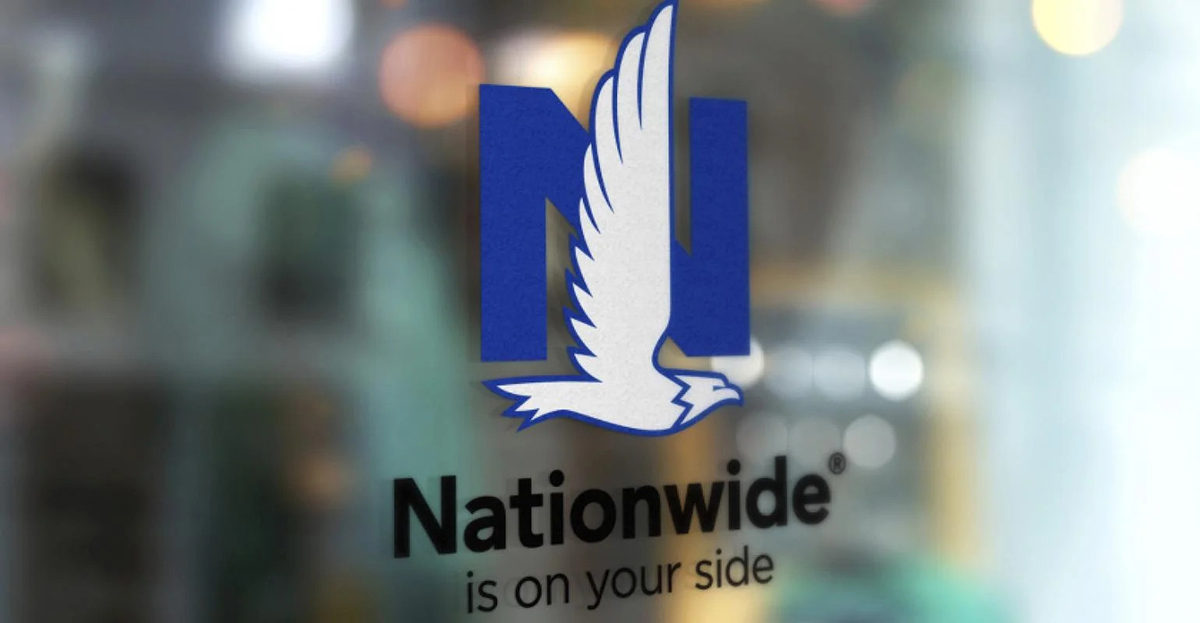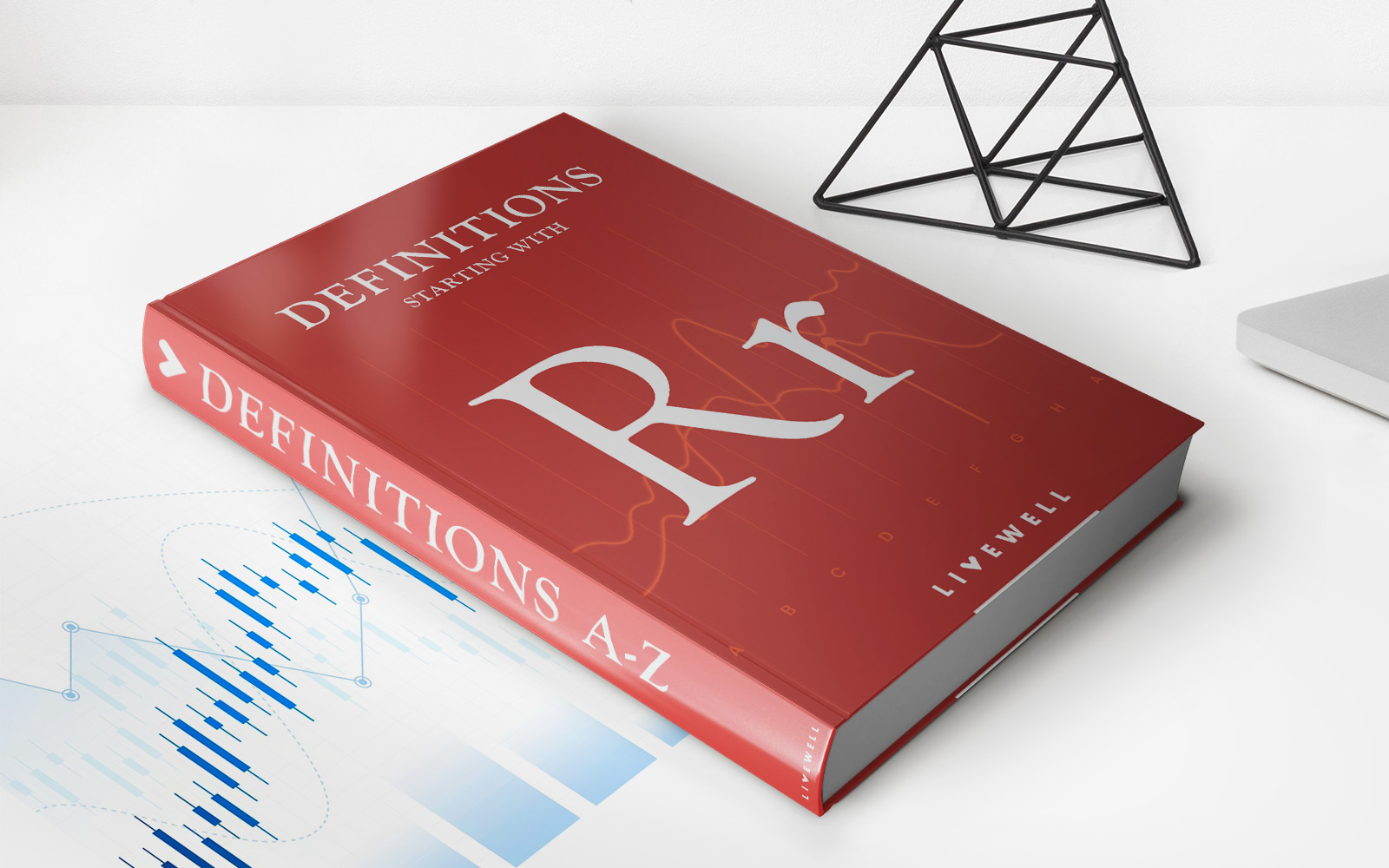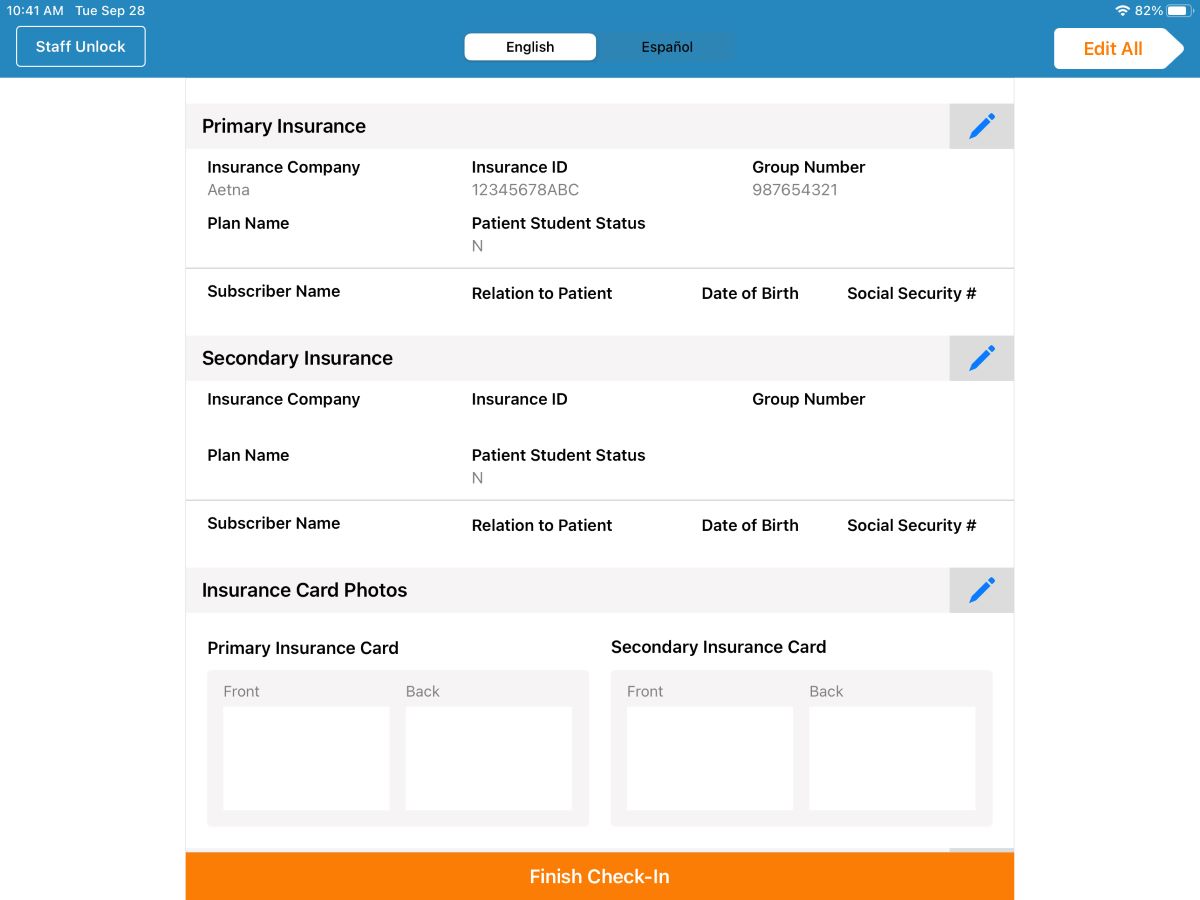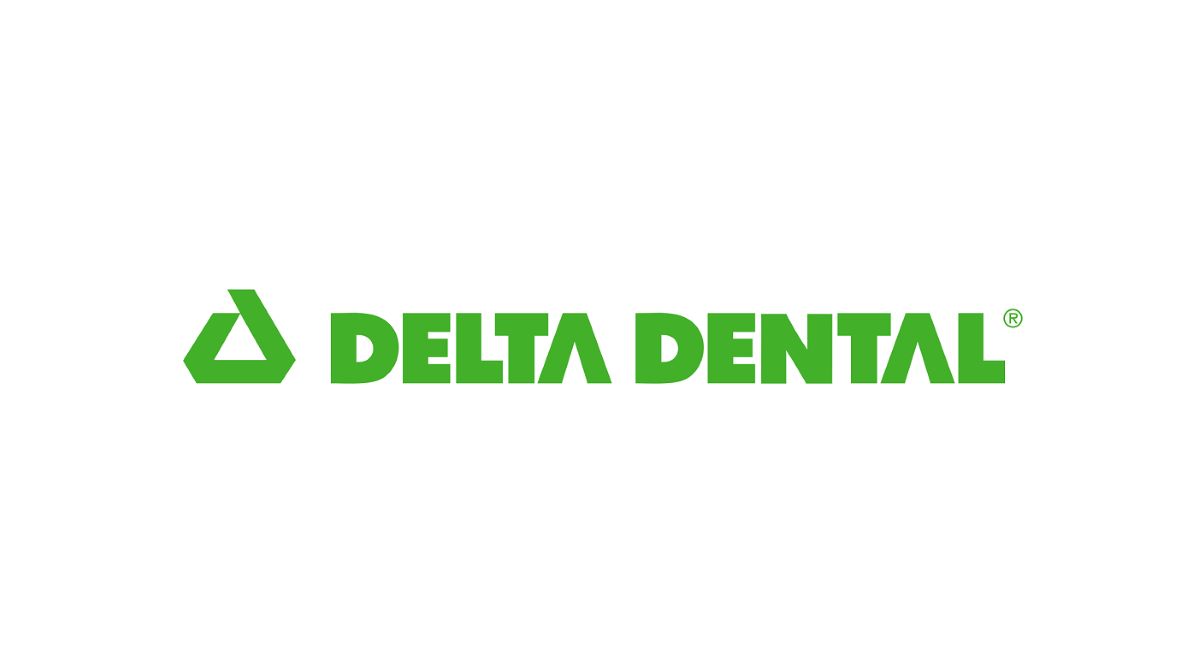

Finance
How To Cancel Delta Dental Insurance
Modified: February 21, 2024
Learn how to cancel your Delta Dental Insurance and save money on your finances. Our step-by-step guide provides the necessary information to ensure a hassle-free cancellation process.
(Many of the links in this article redirect to a specific reviewed product. Your purchase of these products through affiliate links helps to generate commission for LiveWell, at no extra cost. Learn more)
Table of Contents
Introduction
Welcome to the comprehensive guide on how to cancel Delta Dental Insurance. Delta Dental is one of the most popular dental insurance providers, offering coverage to millions of individuals and families across the United States. However, there may be various reasons why you might be considering canceling your Delta Dental Insurance policy. Whether you have found a better dental insurance option, no longer require dental coverage, or have experienced changes in your financial situation, canceling Delta Dental Insurance can be a straightforward process if you follow the necessary steps.
Before you proceed with canceling your Delta Dental Insurance, it is essential to understand the implications of your decision. Dental insurance provides coverage for routine check-ups, preventive care, and potentially costly dental procedures, ensuring that you can maintain good oral health and offset some of the financial burdens associated with dental treatments. By canceling your Delta Dental Insurance, you may be forfeiting these benefits and exposing yourself to out-of-pocket expenses in the event of dental emergencies or unexpected dental issues. It’s crucial to evaluate your dental needs, financial circumstances, and alternative insurance options before proceeding with the cancellation process.
In this guide, we will walk you through the reasons why you might want to cancel Delta Dental Insurance, the steps involved in canceling your policy, how to contact Delta Dental Insurance, and important considerations to keep in mind. Additionally, we will explore alternative dental insurance options that you can consider if you decide to terminate your Delta Dental Insurance coverage.
Remember, canceling your insurance policy is a significant decision, and it’s essential to approach it thoughtfully. We are here to help you navigate the process and provide you with the necessary information to make an informed choice about your dental insurance coverage. Let’s dive in!
Reasons for Canceling Delta Dental Insurance
There are several reasons why individuals may consider canceling their Delta Dental Insurance policy. It’s essential to evaluate your specific situation and determine if canceling is the right choice for you. Here are some common reasons why people may choose to cancel their Delta Dental Insurance:
- Financial Constraints: One of the primary reasons people cancel dental insurance is financial constraints. If you are facing financial difficulties or have experienced a change in your income, you may need to cut back on expenses, including dental insurance premiums. It’s crucial to assess your financial situation and determine if continuing with Delta Dental Insurance is feasible.
- Desire for Different Coverage: Another reason to consider canceling your Delta Dental Insurance is if you are dissatisfied with the coverage and benefits it provides. Each dental insurance plan has its own set of coverage limitations, network providers, and reimbursement rates. If you find that Delta Dental Insurance does not meet your dental needs or if you prefer coverage from a different provider, canceling and switching to a new plan may be a suitable option.
- Employer Change: If you had Delta Dental Insurance coverage through your employer, but you have changed jobs or lost your job, you may need to cancel your policy. In such cases, you may qualify for other dental insurance options, such as coverage through your new employer or purchasing an individual dental insurance plan.
- Obtaining Health Coverage Elsewhere: Some individuals may already have dental coverage included in their health insurance plan, rendering their Delta Dental Insurance redundant. If you have acquired dental coverage through another provider, it may be financially wasteful to maintain multiple policies. Canceling Delta Dental Insurance in this situation can help streamline your insurance coverage and avoid unnecessary expenses.
- No Longer Need Dental Coverage: Lastly, if you no longer require dental coverage, canceling your Delta Dental Insurance might make sense. This could be the case if you have undergone significant dental treatments and do not anticipate needing additional dental work in the near future. However, it’s important to carefully consider the potential risks of being uninsured should unexpected dental issues arise.
These are just a few examples of why someone might choose to cancel their Delta Dental Insurance. Assess your individual circumstances, evaluate the pros and cons, and determine if canceling is the best course of action for you.
Steps to Cancel Delta Dental Insurance
If you have made the decision to cancel your Delta Dental Insurance policy, follow these steps to ensure a smooth cancellation process:
- Review your policy: Take the time to carefully review your Delta Dental Insurance policy to understand the terms and conditions of cancellation. Look for information on the cancellation process, any required notice period, and potential penalties or fees for early termination.
- Contact customer service: Get in touch with Delta Dental Insurance’s customer service department to initiate the cancellation process. You can typically find the customer service contact information on your insurance card, the company’s website, or in your policy documents. Reach out to them via phone, email, or through their online portal, and inform them of your intention to cancel your policy.
- Provide necessary information: Be prepared to provide your policy details, including your name, policy number, and any other relevant information requested by the customer service representative. This will help expedite the cancellation process.
- Follow their instructions: The customer service representative will guide you through the cancellation process. They may require you to fill out a cancellation form, send a written cancellation request, or provide additional documentation. Follow their instructions carefully and provide all the requested information in a timely manner.
- Confirm cancellation: Once you have completed the necessary steps to cancel your Delta Dental Insurance policy, ask for confirmation of the cancellation. This can be in the form of a cancellation confirmation number, an email, or written confirmation sent to your mailing address. Keep this confirmation for your records.
- Stop automatic payments: If you have set up automatic payments for your Delta Dental Insurance premiums, make sure to cancel them to avoid any future deductions. Contact your financial institution or cancel the automatic payment through your Delta Dental online account, if applicable.
It’s important to be proactive during the cancellation process and ensure that all required steps are completed. Keep in mind that cancellation policies and procedures may vary depending on your specific Delta Dental Insurance plan and state regulations. If you have any doubts or questions regarding the cancellation process, reach out to customer service for assistance.
Contacting Delta Dental Insurance
When it comes to canceling Delta Dental Insurance, reaching out to their customer service department is crucial. Contacting them directly will ensure that you have the most accurate and up-to-date information regarding the cancellation process for your specific policy. Here are the steps to contact Delta Dental Insurance:
- Customer Service Phone Number: Look for the customer service phone number on your Delta Dental Insurance card, the company’s website, or in your policy documents. Dial the number and follow the prompts to connect with a customer service representative who can assist you with your cancellation request. Be prepared to provide your policy details, such as your name and policy number.
- Email or Online Portal: Delta Dental Insurance may also provide the option to contact them via email or through their online portal. Visit their website and look for the “Contact Us” or “Customer Service” section, where you can find an email address or a secure messaging system to reach out to them with your cancellation request. Make sure to provide all necessary policy details to expedite the process.
- Written Correspondence: If you prefer a more traditional approach, you can write a letter to Delta Dental Insurance informing them of your intent to cancel. Check your policy documents for the company’s mailing address. Include your policy details, a clear statement requesting cancellation, and any other necessary information requested by Delta Dental. Send the letter via certified mail to ensure it is received and keep a copy for your records.
Regardless of the communication method you choose, be prepared to provide your policy information, including your name, policy number, and any additional details requested by the customer service representative. Be clear and concise in your communication, stating your desire to cancel your Delta Dental Insurance policy and requesting guidance on the next steps.
Remember to keep a record of all communication with Delta Dental Insurance, including dates, times, the names of the representatives you speak with, and any confirmation numbers provided. This will serve as documentation should any issues or disputes arise regarding the cancellation or any future charges.
Keep in mind that the availability of customer service representatives and the specific channels may vary depending on your location and the type of Delta Dental Insurance plan you have. Visit the Delta Dental website or refer to your policy documents for the most accurate and updated contact information.
Important Considerations before Canceling
Before finalizing your decision to cancel your Delta Dental Insurance, it’s important to carefully consider the following factors:
- Alternative Coverage Options: Before canceling your Delta Dental Insurance, explore alternative dental coverage options. Research other dental insurance providers to compare their benefits, coverage limitations, and costs. Additionally, check if you are eligible for dental coverage through your employer or if there are government-sponsored dental insurance programs available in your area.
- Financial Consequences: Assess the potential financial consequences of canceling your Delta Dental Insurance. While premium savings may be attractive in the short term, consider the potential out-of-pocket expenses you may face without dental coverage, especially if you require any significant dental procedures or encounter unexpected oral health issues.
- Timing: Consider the timing of canceling your insurance policy. If you have any pending dental treatments or procedures, it might be wise to delay cancellation until after the completion of those services to utilize the benefits you are entitled to with Delta Dental Insurance.
- Preventive Care: Keep in mind that dental insurance, including Delta Dental Insurance, often covers preventive care, such as routine check-ups, cleanings, and X-rays. By canceling your policy, you may lose access to these preventive services, which are key to maintaining optimal dental health.
- Future Dental Needs: Consider your future dental needs when deciding to cancel your dental insurance. If you anticipate needing extensive dental work or have ongoing oral health issues, maintaining dental coverage may provide long-term cost savings and peace of mind.
- Personal Circumstances: Evaluate your personal circumstances, including your health, age, and overall oral health. If you have a history of dental issues or certain medical conditions that may increase your risk of dental problems, maintaining dental coverage could be beneficial.
- Reapplication: If you decide to cancel your Delta Dental Insurance and later wish to reapply for coverage, be aware that there may be waiting periods or exclusions for pre-existing conditions when you seek new dental insurance. Factor this into your decision-making process.
It is always advisable to consult with a dental professional or an insurance specialist to help you assess your individual circumstances and make an informed decision. They can provide valuable insight into your dental insurance needs and guide you in choosing the best course of action for your oral health and financial well-being.
Alternatives to Delta Dental Insurance
If you have decided to cancel your Delta Dental Insurance policy, there are several alternative dental insurance options that you can consider. Here are a few alternatives to Delta Dental Insurance:
- Other Dental Insurance Providers: Research and compare dental insurance plans offered by different providers. Look for coverage that aligns with your specific dental needs and budget. Take into account factors such as coverage limitations, network of dentists, reimbursement rates, and premium costs. Consult with insurance brokers or use online comparison tools to help you find the best alternative dental insurance plan.
- Employer-Sponsored Dental Insurance: If you have recently changed jobs, your new employer may offer dental insurance as part of their benefits package. Review the dental coverage options provided by your employer and compare them with what you had with Delta Dental Insurance. Be sure to consider the coverage levels, premiums, and any waiting periods that may apply.
- Discount Dental Plans: Discount dental plans are an alternative to traditional dental insurance. These plans usually involve paying an annual membership fee in exchange for discounted rates on dental services from a network of participating dentists. While they are not insurance, they can offer cost savings on routine procedures and treatments. Research and compare different discount dental plans to find one that suits your needs.
- Health Savings Accounts (HSAs) or Flexible Spending Accounts (FSAs): If you have access to an HSA or FSA through your employer or as an individual, consider using these accounts to save for dental expenses. Contributions to these accounts are tax-free, and the funds can be used to pay for qualified dental services. Consult with a financial advisor or benefits specialist to understand the specific guidelines and limitations of your HSA or FSA.
- Payment Plans or Dental Financing: Some dental practices offer in-house payment plans or financing options to help patients manage the cost of dental treatments. These plans allow you to spread out the cost of your dental care over time, often with little to no interest. Speak with your dentist or dental providers in your area to inquire about available payment options.
It’s important to carefully evaluate and compare these alternative options based on your dental needs, budget, and preferences. Consider factors such as coverage, cost, network of providers, and any limitations or waiting periods. Additionally, consult with dental professionals, insurance specialists, or financial advisors to obtain expert advice tailored to your specific situation.
Remember, dental insurance is an investment in your oral health, and finding the right coverage is essential. Take the time to research and explore alternative dental insurance options, ensuring that you select a plan that best meets your dental needs and financial circumstances.


